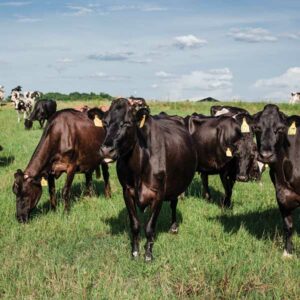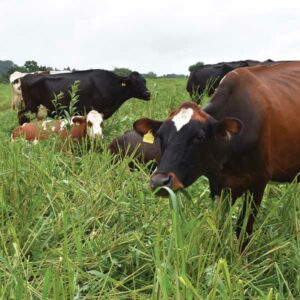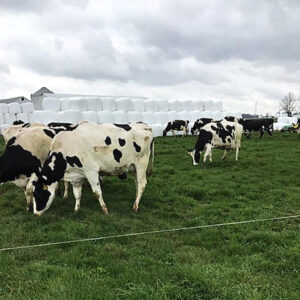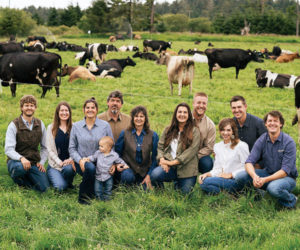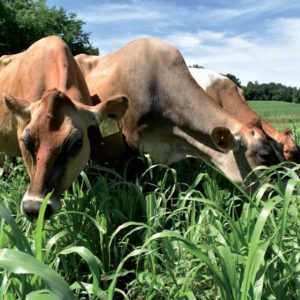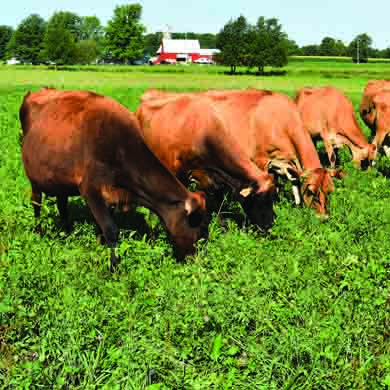de Jongs changed their lives with grassfed and branding their milk
By Martha Hoffman Kerestes
Slocomb, Alabama — Jan and Rinske de Jong did large-scale conventional dairy, and it didn’t go well. They’ve gladly traded it for their life today on a smaller certified organic grassfed herd milked once a day for the farm’s Working Cows Dairy brand.
Jan and Rinske bootstrapped their conventional dairy in southeastern Alabama, starting with just $5,000 in 1985 when they emigrated from The Netherlands.
By the turn of the century they’d grown to 750 confinement cows milked three times a day on 600 purchased acres. But the farm was on the verge of bankruptcy, and the constant workload was unsustainable.
It wasn’t working
Something needed to change. The de Jongs chose to go smaller and find a niche market for their production. Milking about 250 cows for Horizon Organic beginning in 2009, things looked better.
But Horizon terminated the contract two years later, saying there weren’t enough other organic dairies in the area to make it a viable route.
Jan and Rinske had three options: stop dairying, go back to conventional, or start bottling milk. The latter looked like the best choice.
Continue reading “Cutting back, but making more”
